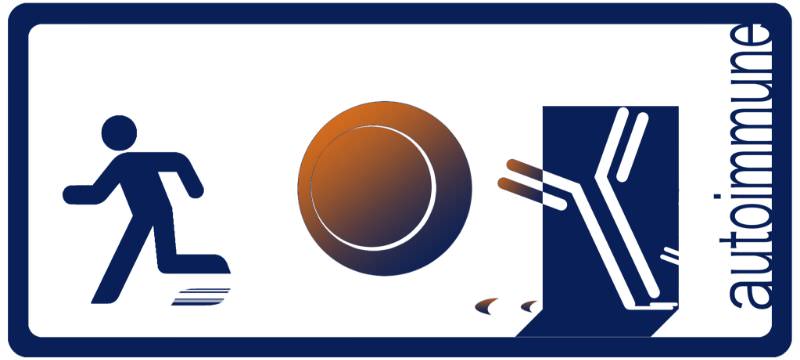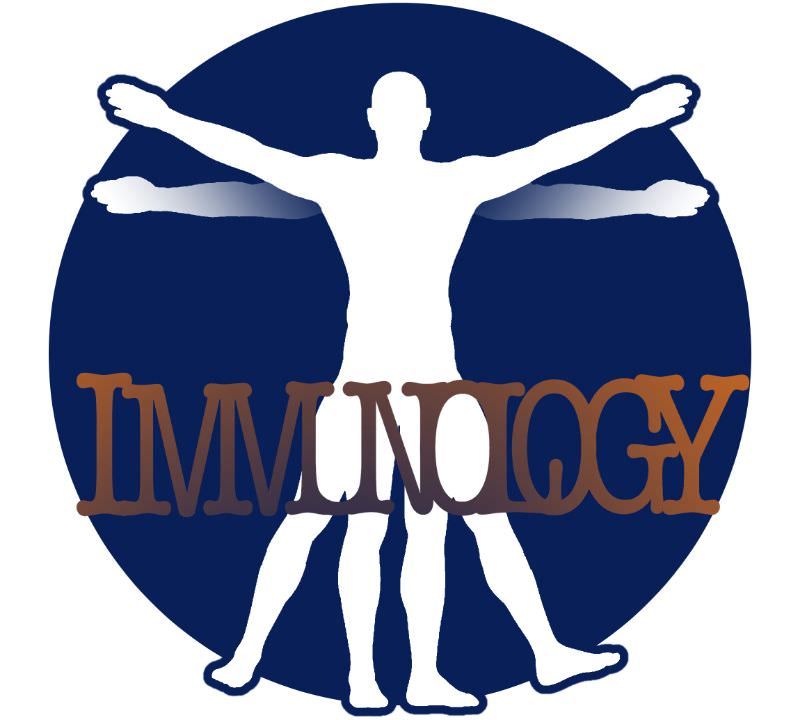Elucidation of the immune system in human normal and diseased liver
The liver is constantly exposed to substances from the intestine through the portal vein. While the immune system in the liver must be activated to fight against various pathogens draining into the liver, the immune system must be suppressed against harmless or even beneficial substances, such as gut microflora and nutrients. The liver is generally considered an organ where immune suppression is dominant (immune tolerant), and there are quite a few cases where immunosuppressive drugs can be successfully withdrawn after liver transplantation. However, little is known regarding the local immune system in the human liver, partly because blood samples have been commonly used for immunology research of human liver diseases.
We conduct basic and clinical immunological research using human normal as well as diseased liver specimens. The samples are obtained in collaboration with multiple departments of Kyoto University Hospital, including Hepato-Biliary-Pancreatic Surgery and Transplantation, Gastroenterology, Pathology, etc. Our research includes: 1) To elucidate the immune tolerance mechanism by which HBs antibody remains unproduced in patients with chronic hepatitis B virus infection, 2) To define the pathogenesis of hepato-biliary autoimmune diseases, such as primary biliary cholangitis and primary sclerosing cholangitis. We are also interested in the immune system in congenital biliary atresia, where the involvement of the immune system is poorly characterized.






